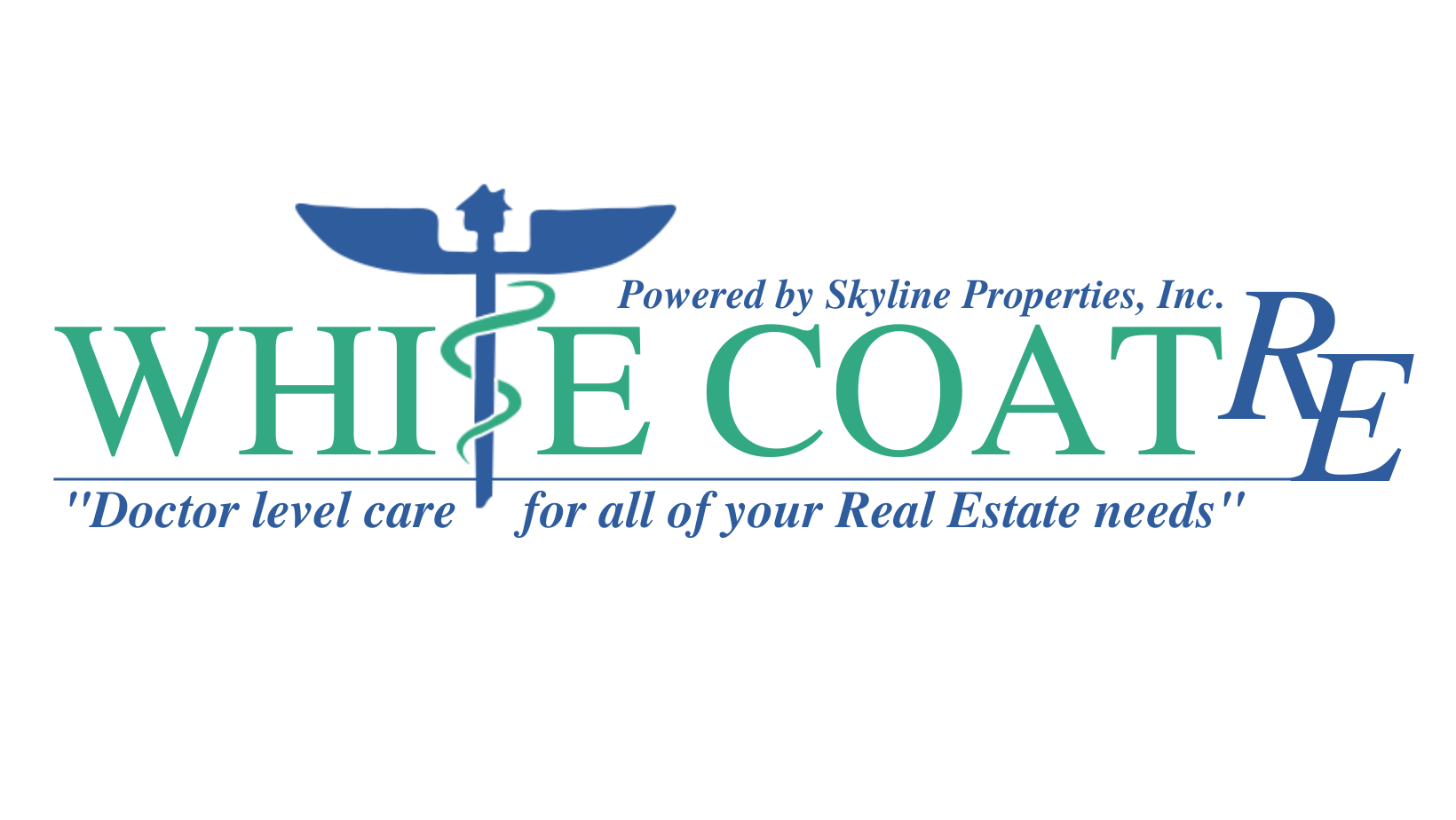A question I’m commonly asked is whether a new investor should focus on paying off their student loans or invest in real estate? Let’s dive in!
Hey everyone! I am Aaron Nelson, the founder and lead real estate agent for White Coat RE. We are a real estate company in the Greater Seattle-Tacoma area that specializes in helping homeowners and investors achieve financial freedom through real estate.
Some of you know that I actually started my working career as a pharmacist. Which meant that when I got out of school with my Doctor of Pharmacy degree, I had six figures of student loan debt that I had to figure out how to dig myself out of. So like most college graduates, I got a W2 job, collected a paycheck and picked up overtime shifts when I could but what I found was that despite my best efforts, I was still pretty deep into student loan debt and it was going to take me decades to pay this off. And I knew I needed to do something or else these student loans were going to make my financial life difficult.
A few years into my working career, my wife and I purchased out first investment property which was a 1970’s fixer-up home in Bellevue. The home had that beautiful 1970’s yellow bathroom shower tile and the owner had let his kids color crayon on the walls. My wife and I did some simple cosmetic updates like painting, new flooring, and bathroom renovations and ended up selling the home a few years later, making over $200K which we were able to take as tax-free capital gains since we had lived in the home for at least 2 years. We used the proceeds to buy another home in a more affordable area and pay our student loans.
Now this is just our story, and ultimately, the decision of whether to invest or payoff your student loans depends on several factors, and the correct answer may be different for each individual. Here are some of the pro’s and con’s of investing in real estate instead of paying off your student loans:
Pros
- Real Estate Offers Higher Returns: When done correctly, real estate investors can generate double digit average annual returns on the money they invest from factors such as rental property cashflow, equity growth and home price appreciation. The higher yields can have a much greater impact on the investor’s financial situation than paying down student loans which often have interest rates between 4-8%.
- Real Estate Offers Tax Advantages: Investors who live in the property they purchase can get tax write offs from things like mortgage interest payments, depreciation and, like I mentioned in my personal story, tax free capital gains if they occupy the property for two year before selling. Be sure to consult a CPA for specific tax advice!
Cons
- Risk of Overleveraging: The primary concern of investing in real estate is taking on a mortgage payment. If the real estate investment does not perform as expected, the investor might struggle to manage both the mortgage and student loan payments. Fortunately, there are some ways to mitigate this risk such as having good personal financial habits that include spending less than you earn and renting part of the property to a tenant or roommate whose monthly rent payment can help offset the cost of the mortgage.
- The Hustle/Time Involved: Managing tenants and doing value add constructions projects takes time and effort, and like most things, may require you to learn something new or develop a skillset you didn’t previously possess. Real estate is not a sit on the coach and get rich quick scheme but there are a lot of books, YouTube videos, landlord associations and other resources that can help, if you’re willing to put in a little sweat equity. Consider what is more valuable in the long run, learning how to operate a rental property business, or driving Uber for a few extra bucks.
Real estate is one of the most powerful wealth building tools in the world, and choosing to invest in real estate, despite having student loan debt, can present substantial financial benefits and opportunities.


